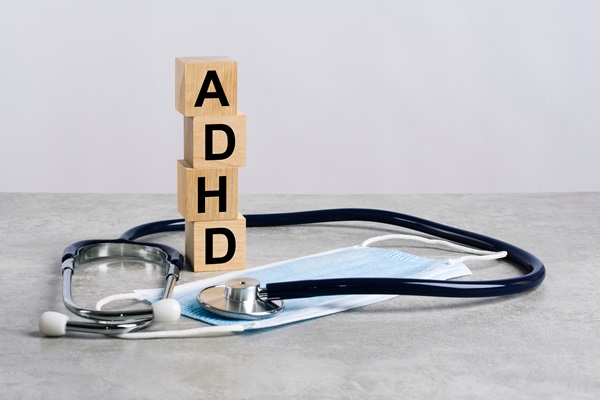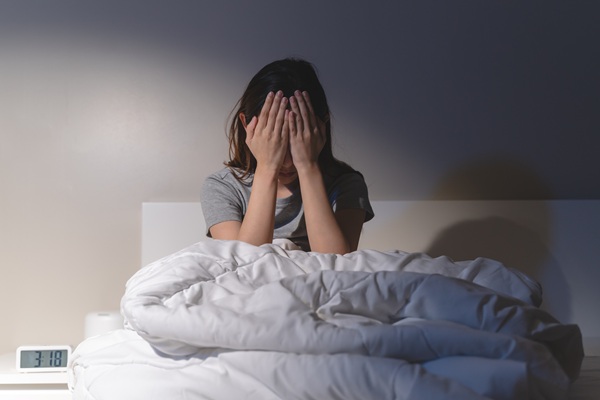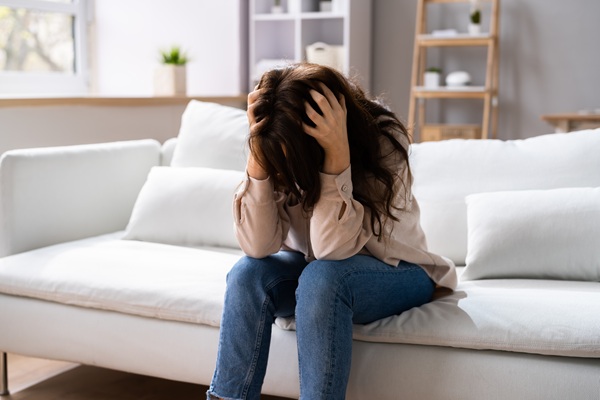7 Lifestyle Changes to Help With ADHD Treatment

Curious about what can help your ADHD treatment work better? Read on to learn more. ADHD is a common neurodevelopmental disorder that affects millions of people worldwide. ADHD treatment options include medication and therapy. However, positive lifestyle changes can also significantly improve the symptoms and quality of life. This article covers different lifestyle changes that can help individuals with ADHD.
7 Lifestyle changes to complement ADHD treatment
The following are ways patients can improve their treatment outcomes through adjustments to their daily routine:
1. Regular exercise
Regular exercise can help reduce ADHD symptoms. Exercise boosts the release of neurotransmitters like dopamine and norepinephrine, which are often imbalanced in ADHD patients. Physical activity can help improve focus, reduce impulsivity, and improve cognitive function. Swimming, yoga, and team sports can also be beneficial.
2. Balanced diet
Nutrition is important in ADHD treatment. For optimal brain health, patients can consume a diet rich in whole grains, lean proteins, fruits, and vegetables. Multiple studies have shown that Omega-3 fatty acids in fish, flaxseeds, and walnuts can also improve cognitive function. Reducing sugary foods, artificial additives, and excessive caffeine can also help reduce hyperactivity and impulsiveness.
3. Adequate sleep
Everyone needs quality sleep, more so for those with ADHD. Symptoms like inattention and irritability can worsen with inadequate sleep. Patients can take measures like setting a regular sleep routine, creating a comfortable sleep environment, and reducing screen time before bed to improve their sleep quality.
4. Stress management
Stress can significantly worsen ADHD symptoms. Stress management techniques, such as mindfulness and meditation, deep breathing exercises, or yoga, can help those with ADHD stay calm and focused. Reducing stressors in daily life and setting realistic goals can also alleviate the ADHD’s emotional impact.
5. Time management and organization
ADHD often makes organization and time management challenging. Strategies like using planners, to-do lists, and setting reminders can help individuals stay on track. Creating a structured daily routine and breaking tasks into smaller, manageable steps can also improve productivity.
6. Limiting screen time and distractions
Excessive screen time, especially with video games and social media, can exacerbate ADHD symptoms. Setting boundaries on screen time and taking regular breaks from screens can help reduce overstimulation and improve attention span.
Minimizing distractions in the environment can significantly benefit those with ADHD. This includes organizing work and living spaces, reducing clutter, and setting up a dedicated workspace. Other helpful tips include using noise-canceling headphones and digital tools to block distracting websites and apps.
7. Social support
Maintaining strong social connections can provide emotional support and encouragement in managing ADHD. A system consisting of friends, family members, and support groups can help patients get understanding, guidance, and a sense of community.
Living with ADHD has its difficulties. Practicing patience and self-compassion helps. Setbacks are bound to happen and seeking help when necessary is essential. Celebrate small victories and focus on progress rather than perfection. These acts can boost self-esteem and motivation.
The bottom line
ADHD treatment involves a comprehensive approach that goes beyond medication and therapy. With lifestyle changes, those with ADHD can significantly improve their overall well-being and ability to cope with daily challenges. These strategies and professional guidance can help them lead fulfilling and successful lives. Remember that everyone's ADHD experience is different, so it's essential to tailor these lifestyle changes to individual needs and preferences.
Get more information here: https://www.hopetmsofny.com or call Hope TMS and Neuropsychiatric Center at (646) 578-8152
Check out what others are saying about our services on Yelp: ADHD Treatment in New York, NY.
Recent Posts
Insomnia disrupts sleep patterns and negatively affects overall health, leading to fatigue, difficulty concentrating, and emotional distress. This condition can result from chronic stress, anxiety, depression, or medical issues that interfere with the body's natural sleep cycle. A psychiatrist can help diagnose and address insomnia, providing tailored treatments focusing on mental and physical well-being.Insomnia is…
Relationship obsessive-compulsive disorder (ROCD) is a distinct subtype of OCD that can cause persistent doubts and distressing thoughts about romantic relationships. OCD treatment can help individuals manage their intrusive thoughts and compulsive behaviors associated with ROCD. Understanding and having access to the available treatment options can help individuals regain control over their thoughts and the…
Smoking cessation is one of the best things a person can do for their health. Still, despite the ill health effects of smoking and the clear benefits of quitting, many people find it nearly impossible to quit on their own. If you are finding it hard to quit, gain insight into why you may be…
Transcranial magnetic stimulation (TMS) is a cutting-edge treatment that offers hope for people dealing with depression and anxiety, especially those who have not found relief with medication or therapy. TMS is a non-invasive procedure that uses magnetic fields to stimulate specific areas of the brain involved in mood regulation. This innovative approach is helping many…


